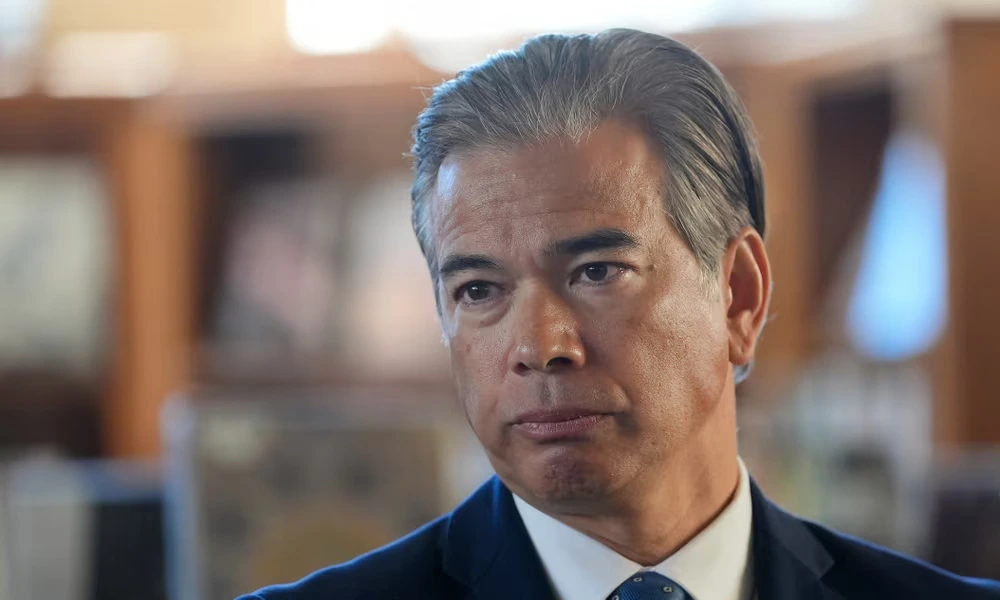The White House’s reaction to the Yemen group chat scandal has progressed from one of shock to one of defiance, with the administration of President Donald Trump continuing to come under mounting pressure. The scandal, uncovered by Atlantic journalist Jeffrey Goldberg, outlines talks in an internal chat among senior national security officials on sensitive topics concerning Yemen and the Middle East.
The White House’s response to the revelations has been swift and aggressive. Rather than being apologetic, the administration has doubled down, accusing critics of launching a politically driven witch hunt against President Trump. The tone of the response, now more aggressive, has resulted in no resignations or turnover among the principal national security aides who were implicated in the scandal.
While the home political impact of the scandal may appear to be minimized—especially with a divided country distracted by other matters—the broader implications of this cannot be dismissed. With conservative media outlets and Republican lawmakers rallying to the president’s defense, the consequences of the chat revelations do not appear likely to have any measurable impact on the course of the administration. But the substance of the scandal does yield revealing information regarding U.S. foreign policy, particularly the Yemen war.
The leak of the group chat displays the administration’s sometimes confrontational way of coping with the world. It reflects the White House’s willingness to politicize foreign policy initiatives, including participation in Yemen, as political survival mechanisms.
In response to global pressure regarding the Yemeni humanitarian crisis, the Trump administration has not been willing to step back from its support of the Saudi-led coalition fighting the Iran-backed Houthi rebels. The domestic struggle exposed by the scandal can be employed to support the administration’s hard line on foreign policy, especially in regions where American interests are deeply intertwined.
In the shadow of the scandal, key foreign policy events continue to take shape, and the White House administration of those events remains significant. The administration’s refusal to allow distractions to sidetrack its ambitious national security agenda is symptomatic of a broader pattern of setting aside criticism at home to assert American power abroad.




